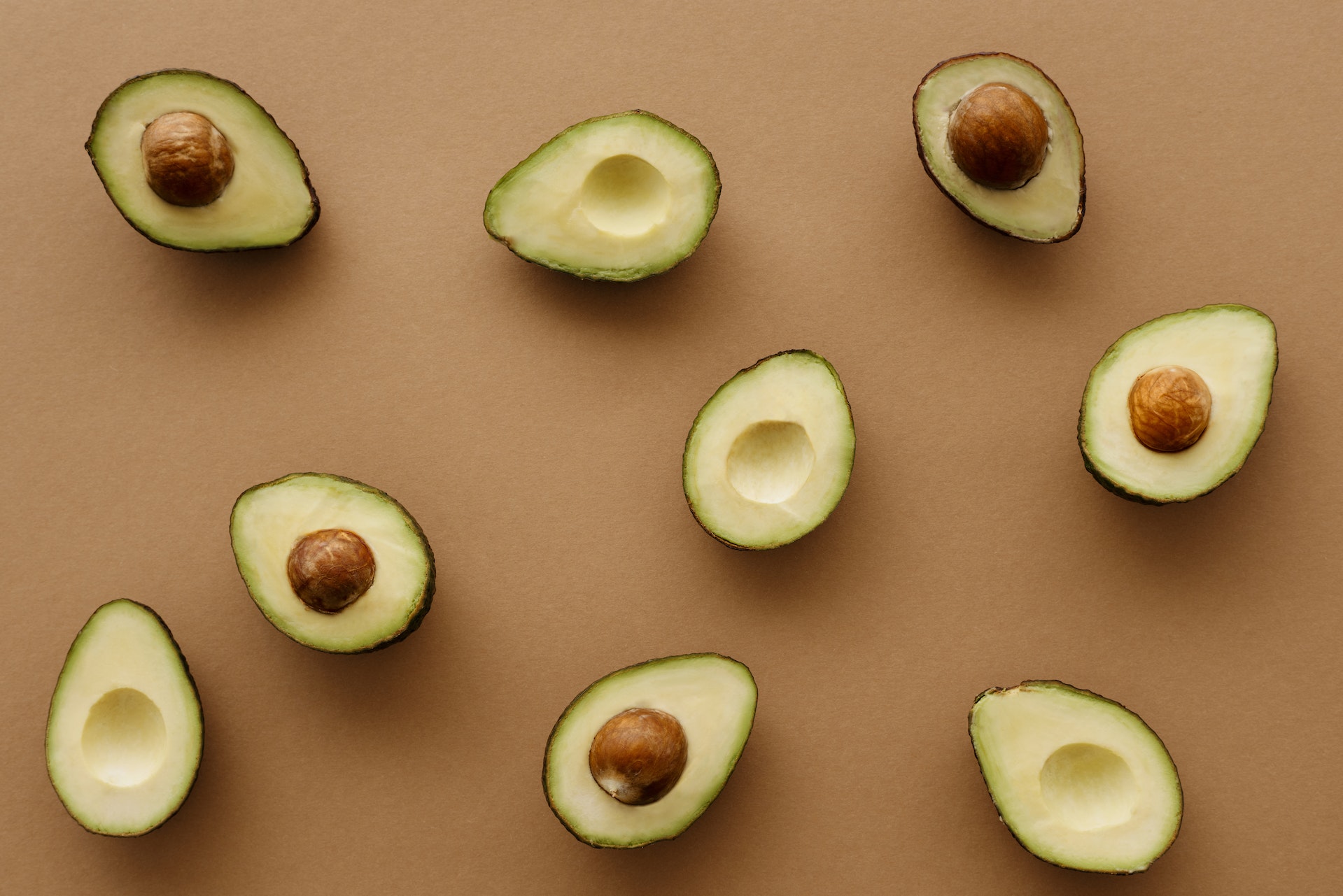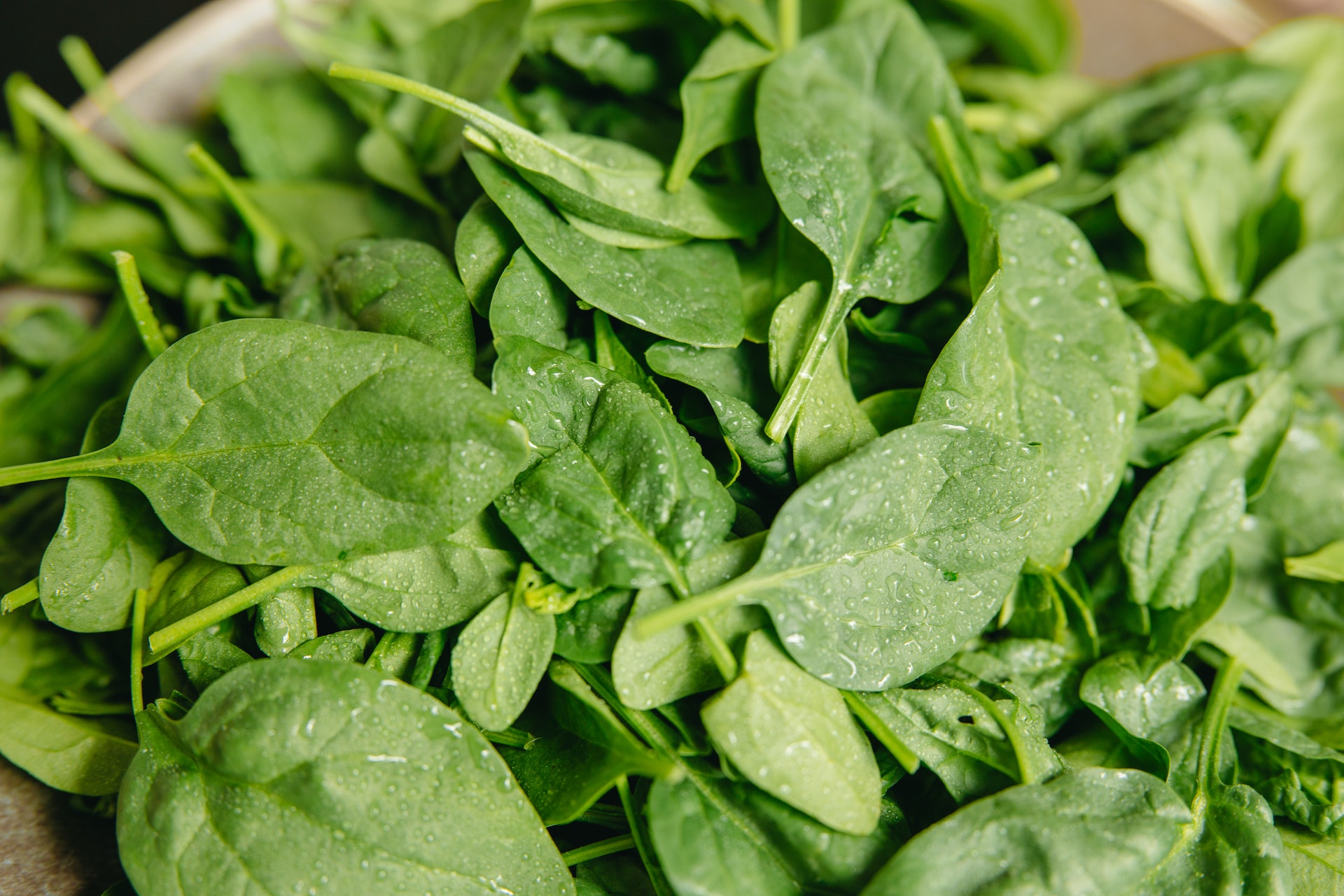Introduction:
The ketogenic diet, sometimes known as the keto diet, has become very popular due to its promise for promoting weight loss, boosting energy levels, and enhancing mental clarity.
The keto diet induces the body into a state of ketosis, when it predominantly uses fat for fuel, by substantially lowering carbohydrates and drastically increasing healthy fats.
The keto diet must be correctly followed in order to get all of its benefits and maintain good health.
We will provide you a thorough explanation of how to follow the keto diet in this blog post.

- Know the Basics:
Before beginning the keto diet, it’s important to comprehend its underlying concepts.
Typically, the diet calls for getting 70–75 percent of your daily calories from fats, 20–25 percent from protein, and only 10–15 percent from carbohydrates.
By doing this, you may be confident that your body will go into and stay in a state of ketosis, when it creates ketones as an alternative fuel.

2. Focus on Good Fats:
The key to a successful keto diet is selecting the proper kinds of fats.
Choose healthy fats instead, such as those found in avocados, olive oil, coconut oil, nuts, seeds, and fatty fish.
These fats promote numerous biological activities and offer critical nutrients.

3. Limit Your Carbohydrate consumption:
To enter and stay in ketosis, limit your daily carbohydrate consumption to 20 to 50 grams.
This entails staying away from high-carb foods including grains, starchy vegetables, sweets, and the majority of fruits.
Choose low-carb veggies instead, such as leafy greens, broccoli, cauliflower, and zucchini.

4. Moderate Protein Intake:
While protein is a crucial macronutrient, eating too much of it can make it difficult to stick to the keto diet.
Through a process known as gluconeogenesis, extra protein can be turned into glucose, which might throw off ketosis.
By including sources like lean meats, poultry, fish, eggs, and plant-based proteins, you can work toward a moderate protein consumption.

5. Keep Hydrated:
Staying properly hydrated is important for the keto diet since it promotes healthy digestion, metabolism, and body function.
Make sure to hydrate yourself with water throughout the day.
Restock electrolytes like salt, potassium, and magnesium as well because increasing water loss might deplete them.

6. Include Non-Starchy veggies:
Non-starchy veggies are low in carbohydrates and high in fiber, vitamins, and minerals.
They also assist in giving your meals more variety and volume.
To meet your nutrient needs, include a variety of veggies in your meals, such as spinach, kale, asparagus, peppers, and Brussels sprouts.

7. Plan Your Meals:
Following the ketogenic diet successfully requires careful planning and preparation of meals.
To ensure that your meals are well-balanced, nutrient-dense, and adhere to your macronutrient targets, plan them in advance.
This will assist you in staying on track and preventing rash food decisions.

8. Include Healthy Snacks:
Having keto-friendly snacks on hand will help you avoid temptation and maintain steady energy levels all day.
Pick foods like nuts, seeds, cheese, and avocados that are high in healthy fats and low in carbohydrates.

9. Track Your Development:
Observe your consumption of macronutrients, portion sizes, and how your body changes in response to the diet.
This will enable you to make any necessary adjustments and guarantee that you stay in ketosis.
You may track your dietary intake and measure your progress using a variety of applications and online resources.

10. Consult a Professional:
If you’re new to the keto diet or have certain health concerns, you might want to speak with a certified dietitian or other medical expert.
They may offer you individualized advice, make sure you’re getting the nutrients you need, and deal with any potential problems.

Conclusion:
Adhering to the keto diet properly can help you successfully lose weight and improve your health.
You may maximize the advantages of the keto diet by being aware of its principles, concentrating on healthy fats, controlling your carbohydrate intake, and including nutrient-dense meals.
Always remember to drink enough of water, prepare your meals in advance, and track your progress.
With caution, adopt a low-carb, high-fat diet and enjoy the possible advantages it may have for your general health.
It is a good idea to follow a keto diet plan because it helps to stay consistent with your diet, gives you delicious meals to eat and helps you stay in ketosis which is important for the keto diet and losing weight.
I recommend the Custom Keto Diet Plan, because it’s personally tailored and the meals are delicious.
Click here if your interested, other wise enjoy the rest of your day.

